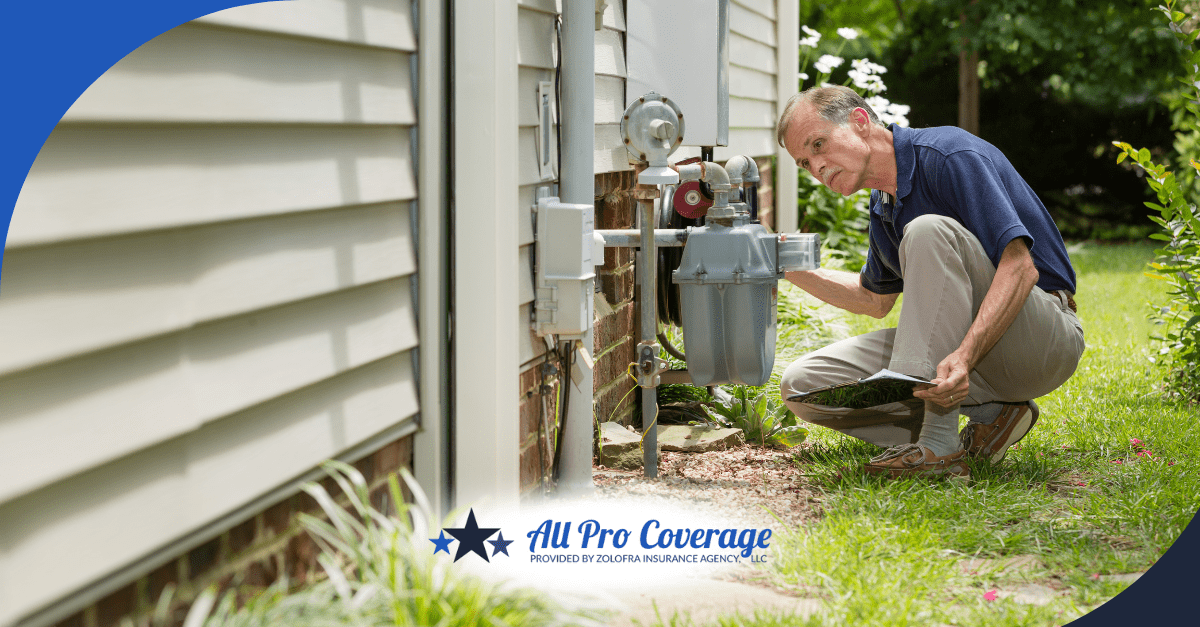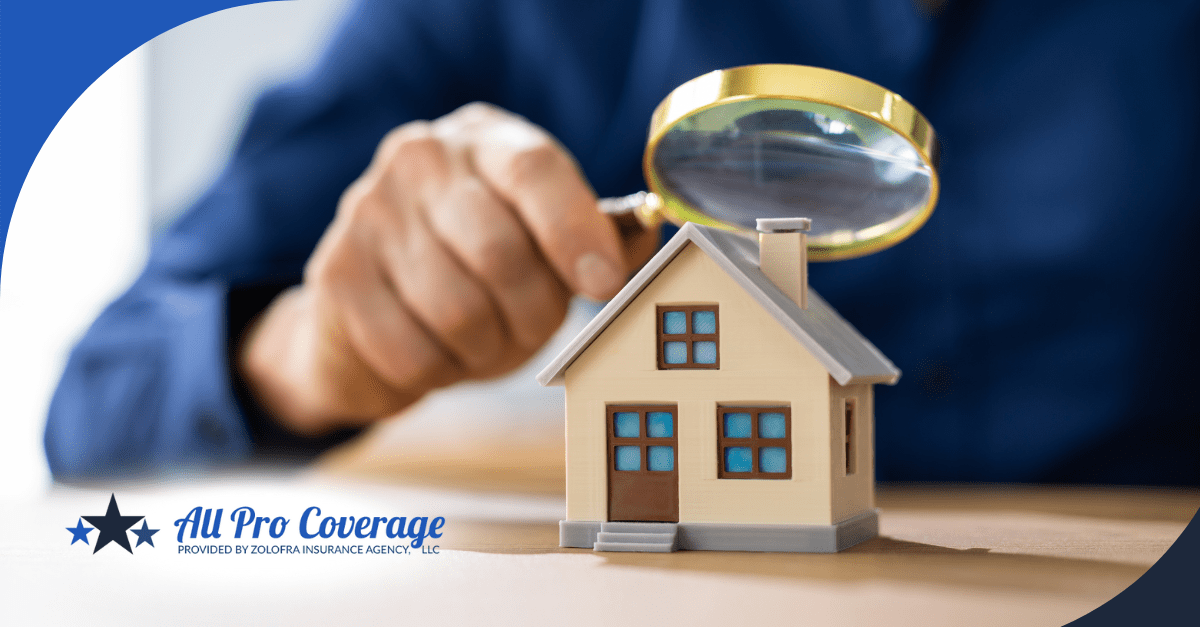
How Long Is A Home Inspector Liable? Key Considerations For Coverage
As a home inspector, your role in assessing properties is vital for homebuyers, but it comes with potential risks. One of the biggest concerns inspectors face is how long they can be held liable for issues that arise after an inspection. As an insurance agent specializing in Errors & Omissions (E&O) coverage for home inspectors, I often get asked this question.
In the U.S., the time frame in which home inspectors can be held liable for missed issues during an inspection is determined by a combination of factors, including statutes of limitations, statutes of repose, and professional liability insurance. Here’s a breakdown of the key elements to consider:
Statute of Limitations
The statute of limitations sets the maximum time after an event (in this case, the inspection) during which legal proceedings can be initiated. This period varies by state but generally ranges from 2 to 5 years. Importantly, the countdown usually begins on the inspection date or when the issue is discovered. If a client identifies a problem during this time frame, they may still be able to file a claim against you.
Statute of Repose
Some states also have a statute of repose, which sets an absolute deadline for filing a claim—regardless of when the issue was discovered. Statutes of repose are typically longer, ranging from 5 to 10 years. This means that after this period has passed, even if a defect is discovered, the homeowner is generally barred from filing a claim.
Contractual Limitation
To further protect themselves, many home inspectors include a limitation of liability clause in their inspection agreements. This clause can limit the time frame clients can bring claims, often to just one year. However, the enforceability of such clauses can vary by jurisdiction, so it’s essential to check local regulations to ensure your agreements are legally binding.
 Professional Liability Insurance
Professional Liability Insurance
Even with these protections, the most critical defense for a home inspector is carrying Errors & Omissions (E&O) insurance. This type of coverage shields you from the financial impact of professional mistakes, such as missing a major issue during an inspection. Reviewing your E&O policy to ensure it covers the period after an inspection and clearly outlines any limitations is crucial.
For instance, if you performed an inspection two years ago and an issue was just discovered, your E&O insurance might cover you for the claim, but only if your policy is still active. Additionally, some policies include coverage for prior acts, which may protect you even for work done before the policy’s start date as long as no claims have been filed.
Negligence or Fraud
It’s important to note that the timeline for liability may extend in cases of gross negligence or fraud. If it’s proven that you intentionally misled a client or recklessly failed to identify significant issues, you could face legal action beyond the typical statute of limitations. For this reason, thorough documentation and transparency during inspections are essential to protecting yourself from liability.
Final Thoughts
While understanding these legal time frames is essential, the best protection is a proactive approach. First, ensure that your inspection agreements are solid and include a limitation of liability clause. Second, always have active Errors & Omissions and General Liability Insurance in place to cover professional oversights and accidents. These measures help protect your business, providing peace of mind to you and your clients.
At All Pro Coverage, we specialize in providing comprehensive Errors & Omissions Insurance tailored specifically to home inspectors. Whether you’re just starting or have years of experience, ensuring you’re properly covered is essential. Contact us today for a free consultation or quote, and let’s discuss how we can protect your business from unexpected risks and liability claims.
Get in touch today and safeguard your home inspection business! Visit us at All Pro Coverage or call (888) 858-1777 for more information.
